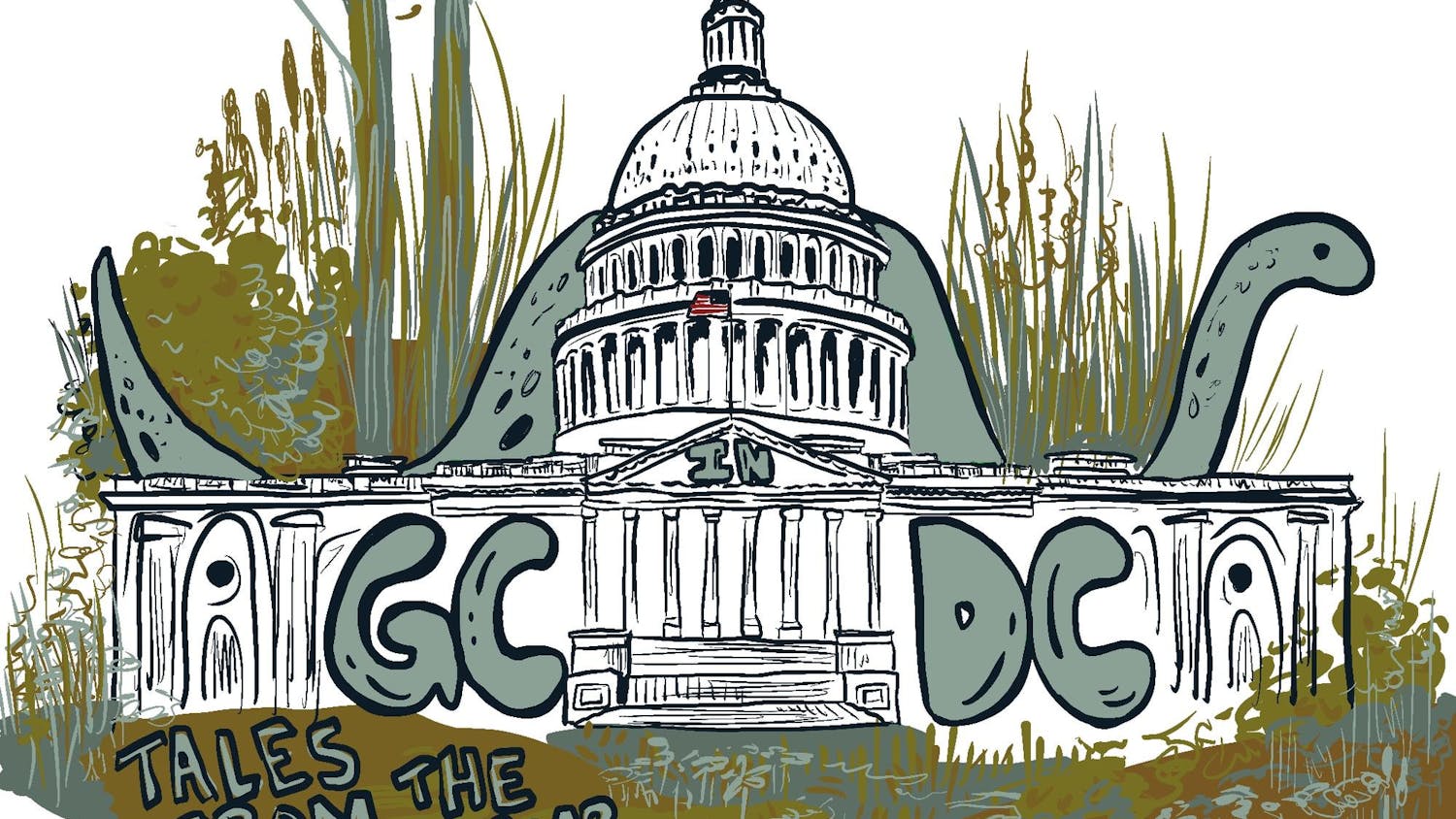Christopher Columbus discovered America, my elementary school told me -- succinctly, so that it was digestible for even the youngest students. My middle school told me that Columbus was not, in fact, America's discoverer. Rather another man, an Italian relegated to the obscurest annals of history named Amerigo Vespucci, actually discovered America, which suddenly made far more sense as a namesake. In high school, Howard Zinn, the iconoclast who lent his authoritative voice to history’s losers, its colonized and oppressed, demolished the profoundly ahistorical narrative peddled not just in my hometown school district, but throughout our public education system, too. Luckily, I was not to be a shill for whitewashing.
Those of you who have read my column in the past know that I am a rabid, if critical, football fan, though not a supporter of the Washington Redskins (go Giants!). Although I pay them little mind, I cannot help but bristle at the name, which is indisputably rooted in pejoration, my discomfort most acute when I listen to Native Americans themselves voice their opposition. Still, except for the provenance of the term "Redskin," this hot-button issue remains without an easy answer.
The anti-Redskins camp sees itself at the forefront of liberal progressivism. It rightly calls the name an epithet, by virtue of which it should be replaced. The opponents of this camp, who consider themselves a bulwark against insidious political correctness, see things differently: a legion of crazed reformers hell-bent on imposing their ideology on the rest of us, while flouting the First Amendment to boot.
The pro-Redskins camp will point to an Annenberg Public Policy Center poll from 2004, in addition to several others before and after, which demonstrated that the majority of Native Americans either were indifferent to or favored keeping the name. They will accuse Senate Majority Leader Harry Reid, governmental gadfly of the Redskins organization, of pandering to his Native American base.
In my gut, I’m inclined to side unequivocally with the former group, with whose views my own tend to dovetail almost always. "Redskins," despite probably having lost its racist quality to most fans – and to Americans generally – is enshrined in a mammoth national institution, which of late has begun to export its brand globally. It stigmatizes and caricatures indigenous peoples, whom we conquered and still conquer. It is the nature of language, however, to go through more than a single iteration.
Take the word "lame," for example. It had not been reclaimed by its victims, but through widespread usage, it has come no longer to apply solely to those who are physically impaired. We are all guilty of saying it, but we aren't; it has lost its original meaning to such an extent that we would scarcely find ourselves reprimanded, let alone subjected to the sort of opprobrium suffered by the Redskins organization, for saying it.
"Redskins" refers to a specific segment of the population, and indeed discriminates on the basis of ethnicity or race, whereas "lame" does not. Dan Snyder, the white, male owner of the Redskins, should not have ultimate jurisdiction over the name, for that would be analogous to his dictating if and when to cease saying any other racial epithet. This is a power that, on its face, would be absurd to confer a man whose predecessors invented it and polluted with it.
If a moniker formerly used to oppress evolves so that it severs ties with its erstwhile self, should it be left alone? Furthermore, is it acceptable to disregard the grievances of a minority -- in this case that of the Native Americans -- who wish to do away with the name? Questions such as these are worthwhile questions. They will compel introspection and deep thinking, both of which are integral to progress. Asking them is the only way forward.
More from The Tufts Daily





